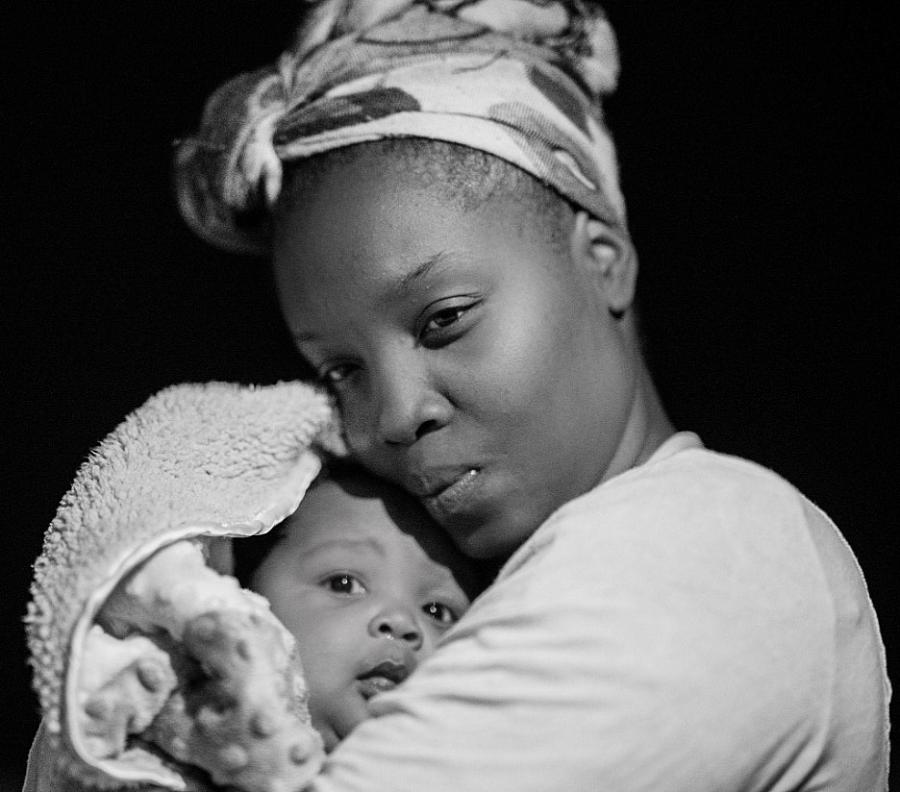Black mothers are still dying. What are we doing about it?

(Photo by Andrae Ricketts via Unsplash)
A silent crisis is robbing Black infants from their mothers and partners from significant others, leaving families devastated in the wake. The phrase “silent crisis” was offered by author and scholar Kimberlé Williams as a way to describe the disparate rate at which Black women die from pregnancy-related issues.
Over the last year, published reports and articles have shown that the silent crisis is growing louder and louder as reproductive advocates and birth equity activists demand solutions to a decades-old issue that has disproportionately impacted Black mothers.
In the United States, Black women are three to five times more likely to die in childbirth, and while California has one of the lowest maternal mortality rates in the country, Black mothers in the state still have a higher maternal mortality rate compared to other racial groups. From 2014-2016, the rate of pregnancy-related deaths for Black women was 56.2 per 100,000 births, four-to-six times greater than the maternal mortality rate of other racial groups.
Recognizing existing and long-standing inequities, local and statewide agencies have developed programs and legislation which aim to address systematic failures that contribute to maternal mortality, including implicit bias and lack of access to prenatal and postpartum services. In October 2021, California passed the Momnibus Act (SB 65) which aims to rectify and address gaps in health care coverage to improve pregnancy outcomes.
According to the Black Women for Wellness Action Project, a Los Angeles-based organization that co-sponsored the bill, the benefits outlined in the legislation will not go into effect all at once, but the organization hopes to see benefits begin to kick in by May 2022.
As the Momnibus Act goes into effect this year, how will the state approach the task of codifying and expanding California’s Maternal Mortality Review Board, and to what effect? As required by the bill, how will the state organize a committee to collect data and examine the role of racial disparities in maternal death — and what will the state do with the results? How will the results translate into action if health institutions and physicians are found at fault? These are questions I aim to answer as I examine the pregnancy experience of Black women in California and understand how this legislation impacts her experience and pregnancy journey.
Looking beyond the statistics of Black maternal mortality, this project will take a solutions-oriented perspective by exploring the efficacy of a new state policy and local Black Infant Health programs in the Inland Empire region of Southern California. This project will also measure the impact of these programs on Black pregnant women and their families.
I will begin my reporting with birth equity organizations and programs in the region, and speak with advocates who have been monitoring this crisis long before it hit the headlines. Starting with those who have worked to pass the Momnibus Act will allow me to examine how the new bill will be put into practice and observe the tangible impacts of the legislation.
I intend to speak with Black women about their needs and experiences regarding their pregnancies. I will talk to health physicians about access to equitable health care, specifically addressing Black women’s needs and fears during pregnancy and after, as well as discuss preventable pregnancy-related deaths, the need for early access to services (doulas and food stamps) and clinician bias that can contribute to fatal outcomes.
The goal of my project is to not only investigate the factors that contribute to the disparity in outcomes in maternal mortality rates, but to also examine the Momnibus Act as a potential solution to closing the gaps in access and treatment for Black pregnant women.

